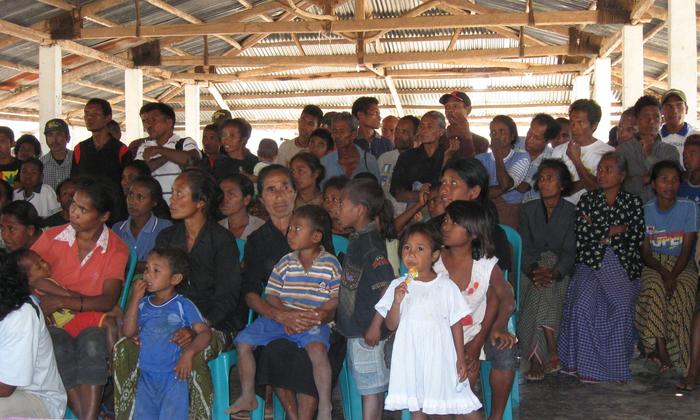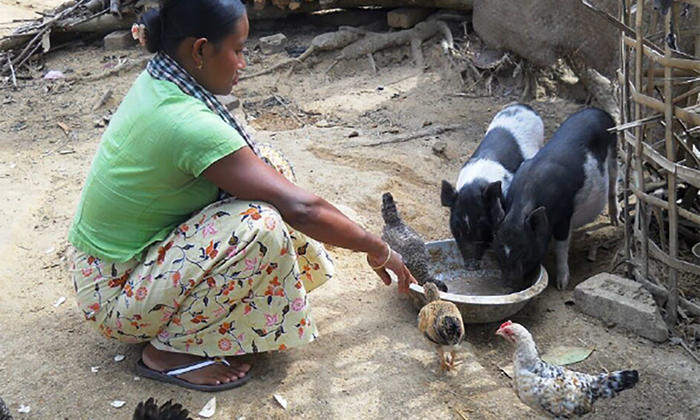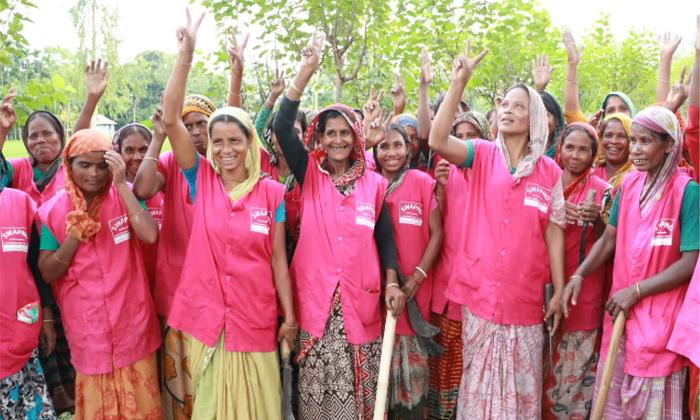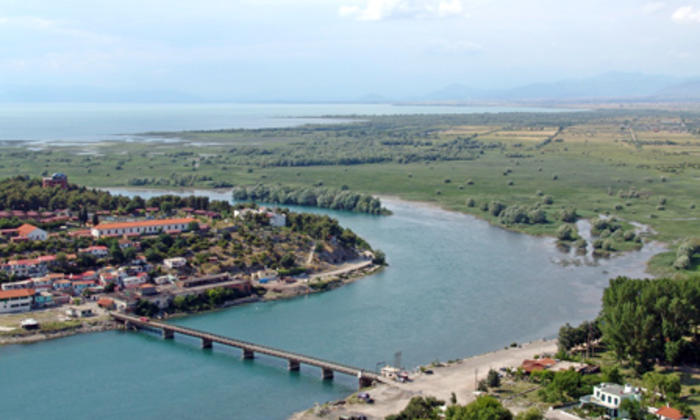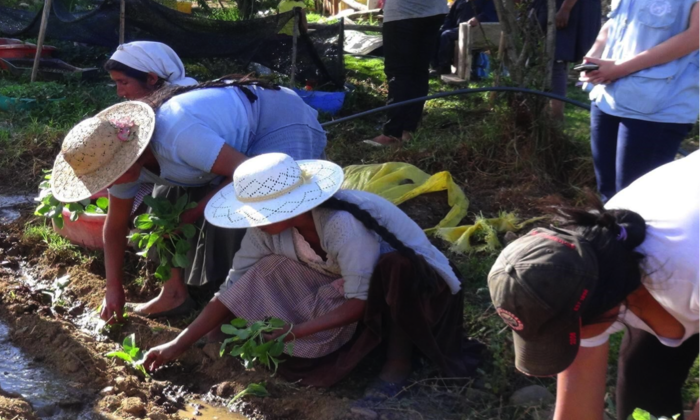Training and start-up kits were provided to 380 young women and men, giving them the tools to they need to start their own businesses
Case study
Harnessing the Opportunities of the New Economy in Mozambique: More and Better Jobs in Cabo Delgado and Nampula

SDGs ADDRESSED
This case study is based on lessons from the joint programme, "More and better jobs in Cabo Delgado and Nampula - Harnessing the opportunities of the New Economy in Mozambique."
Read more
Chapters
Project Partners
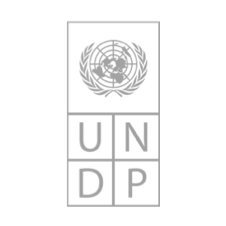

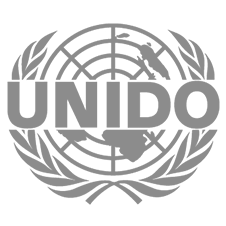
1. SUMMARY
In Mozambique, the joint programme worked with the government, local communities and extractive industries and mega projects in Cabo Delgado and Nampula provinces to help promote inclusive economic growth and opportunities for local communities. The joint programme strengthened the capacities of local institutions to provide vocational training and promoted the uptake of local content among multinational enterprises in the extractive industries, at the same time, contributing to the development of gender-sensitive employment policies and improving the capacities of small business and linkages to value chains.
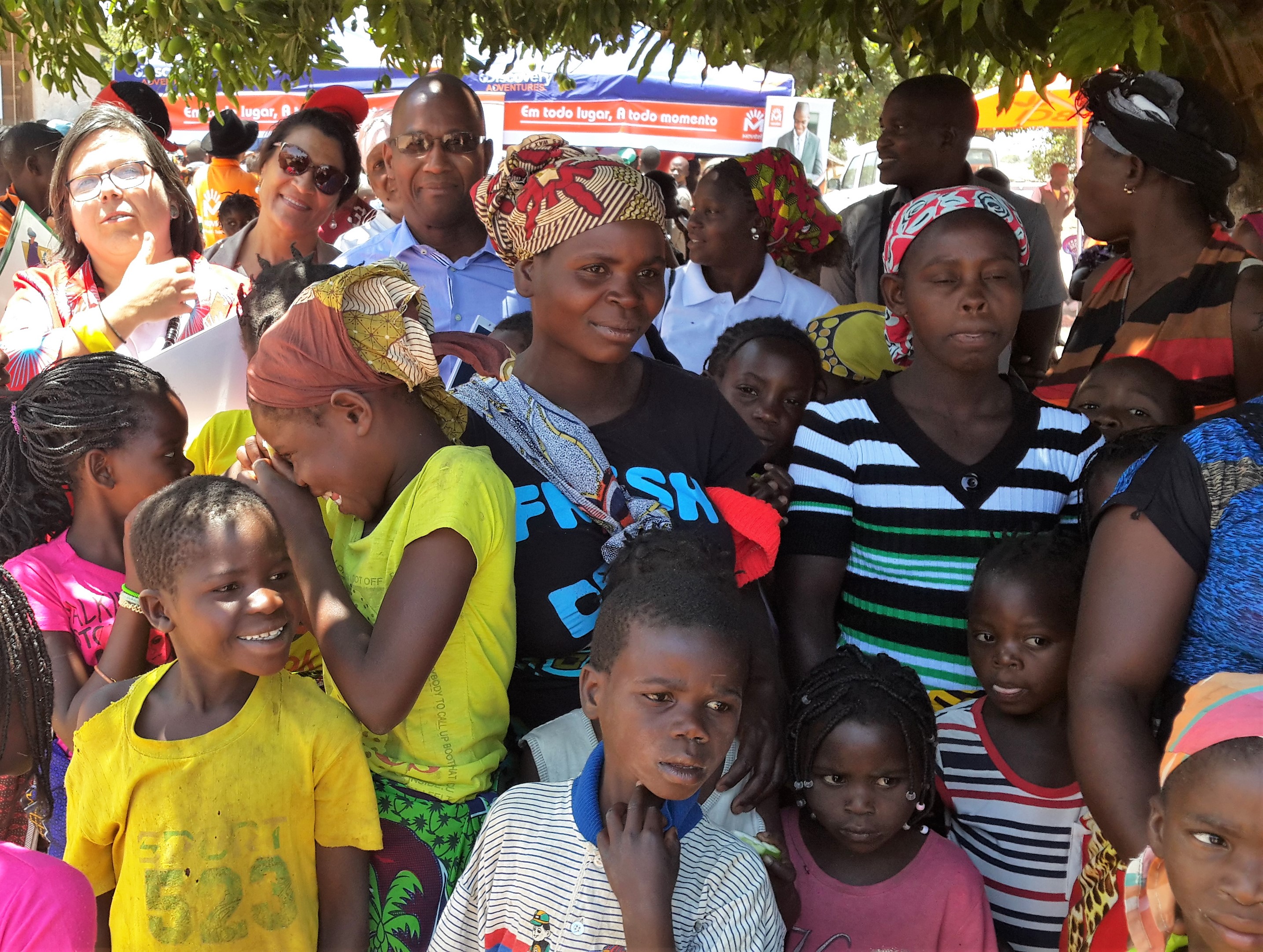
Participants of the programme in Rimbaue, Nampula.
2. SITUATION
The development of extractive industries has limited impact on economic growth, diversification, creation of decent job opportunities, better inclusion of women in the labor market, and social development in Cabo Delgado and Nampula. Many Mozambicans still depend on subsistence agriculture, artisanal fishing or jobs in low-skilled sectors for their livelihoods. Local people and Micro and Small Enterprises (MSEs) are unable to access opportunities in the extractive industries, which are dominated by Multi-National Enterprises (MNEs).

Programme Beneficiary, in training with INEFP, under the joint programme.
3. STRATEGY
The programme focused on ensuring deployment of local content policy, including MNEs local purchasing of goods and services and environmentally friendly business practices in the case of the extractive industries, as well as gender mainstreaming and women’s empowerment. At the same time, it promoted vocational training for young people, supporting entrepreneurship, fostering of MSEs, improving the capacities of small business, and integration of MSEs in value chains.
4. RESULTS AND IMPACT
At a policy level, key programme results included: advocacy of the Extractive Industries Transparency Initiative (EITI), the elaboration of the Draft National Content Law and the National Employment Policy, and support in their implementation. Under the Training for Rural Economic Empowerment approach, training and start-up kits were provided to 380 young women and men, giving them the tools they need to start their own businesses.
Institutional capacity building focused on local business service centres (Centro de Serviços de Negócios) in order to help local agribusiness with management and links to bigger buyers, such as catering firms and supermarkets.
Efforts to promote local content and procurement showed promising results. A market linkages forum was organized to bring together local companies and agricultural producers in Montepuez. Many local and international mining companies showed interest to use local content, as a result.
At the time of final evaluation, 472 company profiles were in the Subcontracting and Partnership Exchange Platform, with 129 matches made between buyers and suppliers, at the time of the final evaluation, including three domestic companies with South African buyers.
In terms of environmental performance and promotion of resource-efficient and cleaner production, 80 national consultants were trained and 14 companies benefited from assessments. The performance of an additional 69 companies were benchmarked, allowing them to understand and improve their performance.
5. CHALLENGES
The programme was affected by the global slowdown in the oil and gas sector. This resulted in a delay in critical investments by MNEs, which were necessary to further the objectives and strategy of the programme.
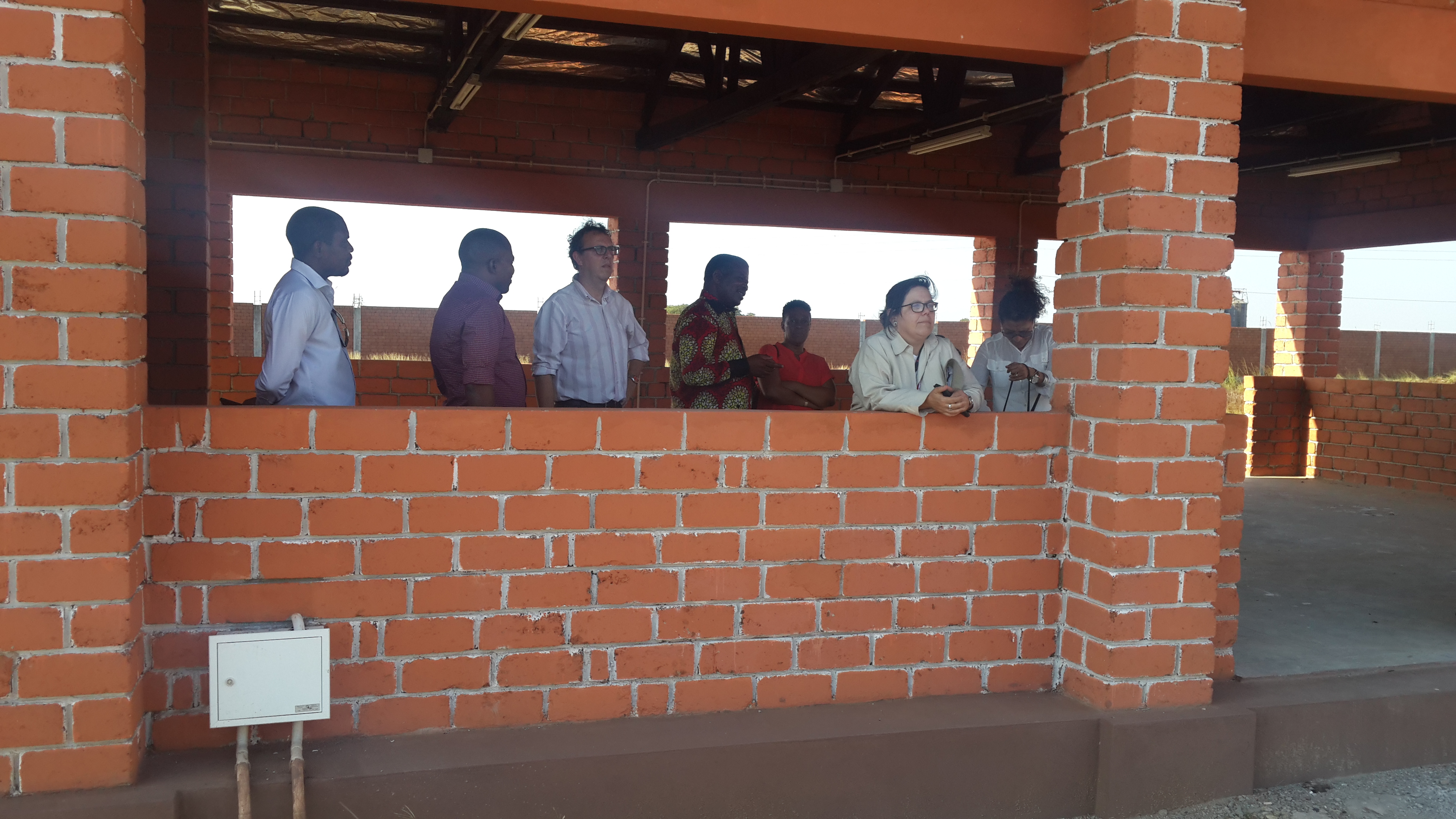
Joint mission led by UN Resident Coordinator, Marcia de Castro, to site of centre for new technology in green construction, Namialo, Nampula.
6. LESSONS LEARNED
- The programme suffered delays due to the slowdown in the global oil and gas sector and later due to incidents involving extremist groups that limited access to sites because of security issues. It is important, in changing circumstances, to manage the expectations of the beneficiaries and the participating communities and also adjust programme interventions accordingly.
- Despite the gender-sensitive skills gap analysis and a specific training for women in the extractive industry value chains, it was hard to engage women in joint programme activities, both at the individual and MSE level. The programme adopted an inclusive approach, however, more work is still needed to promote gender mainstreaming and women’s economic empowerment, and allow women to participate and fully benefit from opportunities created in the sector.
7. SUSTAINABILITY AND POTENTIAL FOR REPLICATION
This joint programme was closely aligned with government policy on local content and employment and showed great potential for sustainability in-country and replication in other countries with natural resource-based economies and local skills mismatch and underemployment. Programme activities, in particular, the National Employment Policy, elaborated with the support of the joint programme, will continue with additional support from the Government of Sweden.
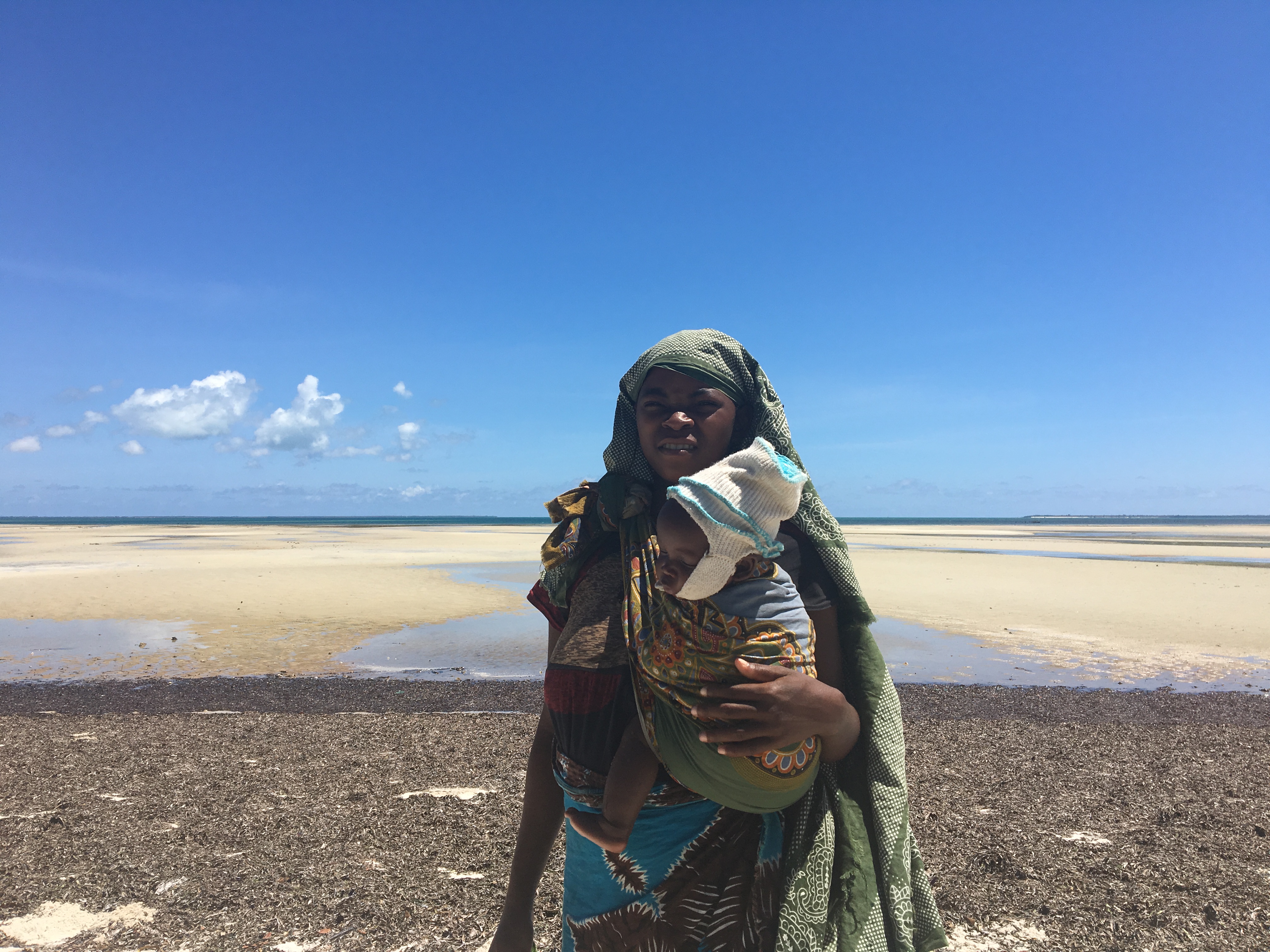
A programme beneficiary, behind her, the site of offshore gas field and platform now under construction, in Palma, Cabo Delgado.

